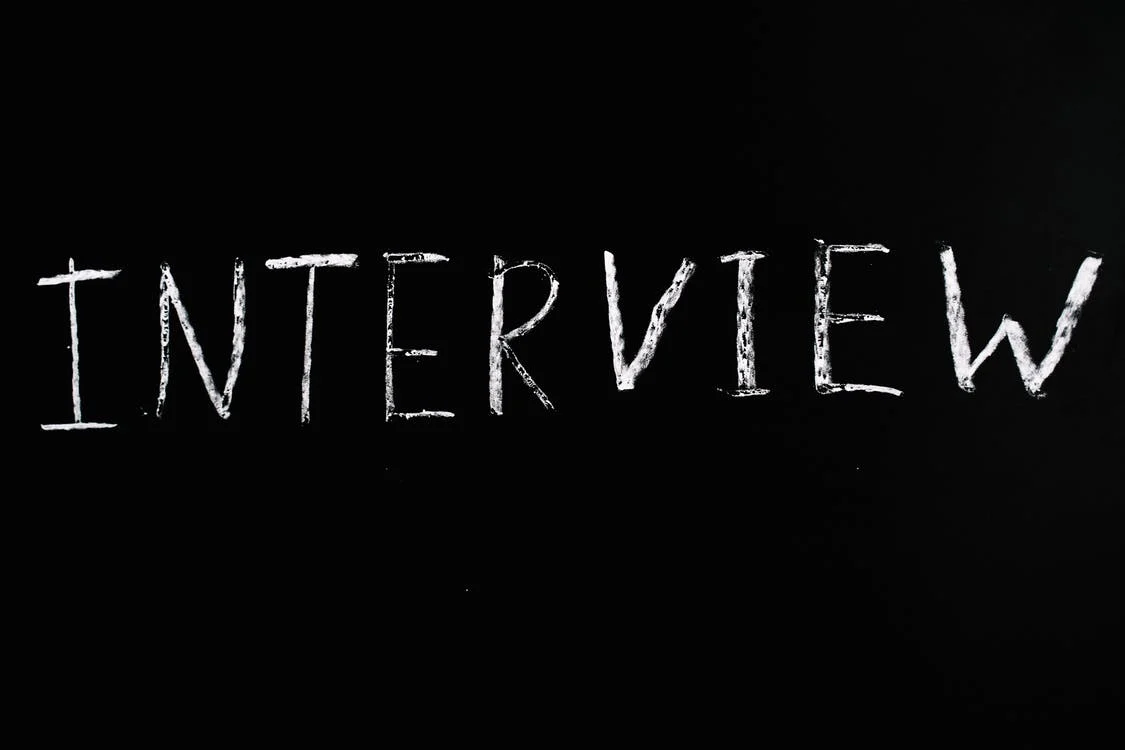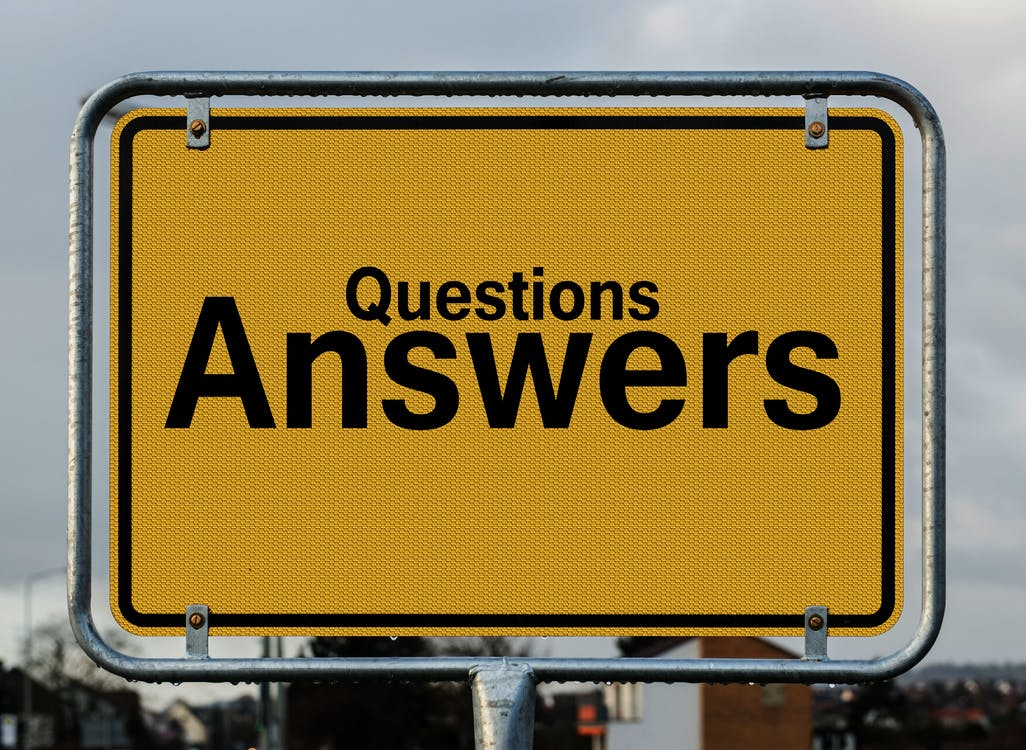Behavioral Interview Questions
How to Answer the Top Behavioral Interview Questions?
Behavioral interviewing is a technique used to assess if a candidate is suitable for a position based on his or her previous experience.

A behavioral interview focuses on candidates’ past experiences and usually requires them to provide particular examples or concrete evidence to prove how they have dealt with certain situations in the past in order to determine if they meet the job requirements.
By asking job-specific questions, interviewers can get a better understanding of the interviewee’s personality, thought process, skills, and abilities and evaluate different candidates using the same set of rating scales.
Because the behavioral interviewing method is straightforward, it effectively reduces bias, ambiguity, and discrimination and promotes fairness.
Moreover, it also benefits the hiring company by making the hiring process easier, as all candidates are asked the same questions and are assessed based on the same criteria.
How To Prepare For The Behavioral Interview

The ways to prepare for the interview are:
-
Understand the company’s job requirements
When you prepare your answers for a behavioral interview, you need to understand the job description and how it matches your skills and abilities.
From reading the job description, you should be able to make a list of the top skills or qualifications the job calls for.
Then you need to review your past experiences and recall your performances, professional accomplishments, and stories that demonstrate your ability in a specific area that the job requires.
-
Use the STAR approach
Most successful candidates use the STAR method to prepare for their interviews. The STAR method is a technique that helps candidates to structure their responses in a way that makes it easy for the interviewer to follow.
STAR stands for situation, task, action, and result.
Situation:
Describe the situation you think is suitable for the particular question and demonstrate the specific context and the challenge or issue you were dealing with.
Task:
What was your role in overcoming the problem? Explain what you have done to address the challenge or handle a difficult situation.
Action:
Explain the particular action you have taken to solve the above-mentioned problems. If it's a team effort, make sure to focus on the role you played.
Result:
Describe the successful outcome of the action you have taken. What did your action lead to?
-
Practice and keep your answers within two minutes
Make a list of skills and qualifications the company is looking for, then follow the STAR technique to write your story.
Practice saying them to your family or friends several times and keep each of your answers within 2 minutes.
Remember, don’t try to memorize them; you should get comfortable with them and be able to recite them when needed.
TOP 4 Behavioral Interview Questions and Answers
Here are the top behavioral interview questions that are frequently asked. Take some time to go through them so that you will be well prepared for future interviews:

1. Can you give me an example of a difficult problem you solved at work? How did you go about reaching a solution?
Problem-solving is essential for any profession or industry. This question aims to test if the candidate can solve problems under high pressure and how they handle challenging situations when they arise.
Example Answer:
“My rule of thumb when approaching a problem is understanding the problem before writing a single line of code. And by understanding the problem, I’m talking about understanding why the problem is a problem, the business justification, the scope of the deliverable, and a potential solution.
The process of approaching a problem is not rocket science. I normally use the 5 Ws to figure out Who, When, What, Why, and Where to get a high-level idea of the problem scope. In addition, I try not to get so narrow-sighted and attached to the first workable solution.
Another thing that is super important when it comes to problem-solving is testing! I can’t give enough credit to the people contributing to the testing process; they are my best friends to ensure my code does not break in production.
Lastly, I always remind myself that every problem has a solution, whether you like it or not. So I try to be receptive to failure and use what I learned from mistakes to repurpose, re-evaluable, re-plan and repeat the process of tackling the problem!
Sometimes when you feel like a problem has no solutions, you are probably either not trying hard enough or don’t like what you see.”
2. Tell me about a time when you made a mistake. How did you handle this experience?
Making mistakes is not a personal failure if you admit your error and work to fix it. Therefore, when assessing a candidate, the employer tends to ask this question to ensure the candidate is the person who fixes their mistakes rather than hiding them.
When answering this question, you should try showing your sense of accountability, humility, and transparency.
Example Answer:
“One thing I have learned from my past mistakes is to know when to ask for help.
When I started my previous internship, I was very insecure and wanted to show that I could handle everything myself.
One time my manager told me to prepare a presentation for a client. Even though I had some questions regarding the project, I was reluctant to ask him for clarification. And my final product was not well-received. I ended up failing to prove myself and disappointed the client.
I have learned from this experience that it is better to ask for clarification and solve an issue right away than to be unsure. So whenever I’m assigned something that I don’t fully understand, I always ask clarification questions.”

3. Please share a time when you faced an unexpected challenge. How did you overcome this challenge?
The key to answering this question is to use it as an opportunity to turn an unexpected challenge into an accomplishment. This question is essentially the same as “Tell me about an accomplishment of yours.”
Employers ask this question because they want to know if you are able to think on your feet and are resilient when encountering challenges.
When answering this question, make sure you follow the STAR format and emphasize how you brought a solution to the problem and what you learned from the situation.
Example Answer:
“In one of my 3rd-year group projects, I encountered a difficult situation where one of my teammates was not engaged in the project and did not attend team meetings and complete his part.
To ensure the project's smooth delivery and complete the coursework before the deadline. I took the lead in understanding the difficulties and what I could do to help him.
I scheduled a coffee chat with the teammate and understood the obstacles preventing him from completing the coursework.
I found out that he was sick and did attend the lecture on the contents of the coursework and therefore had no idea how to complete his part of the work. So I shared my notes with him and offered to help him with this part.
As a result, we submitted the project on time and received excellent feedback for the coursework.”

4. Describe conflicting priorities and how you solve them.
Interviewers ask this question to see how you handle priorities when working under pressure, as being able to prioritize confidently is an important work competency.
When answering this question, you need to focus on your time management skills and communication skills (if you’re using a group project as your example).
It’s crucial for you to emphasize that you have the ability to stay calm while working under stress and that you’re a problem solver.
Example Answer:
“This year, we planned to have virtual graduation on Zoom. I was responsible for collecting video clips from each cohort and putting them together as a video as part of the surprise for the students.
At the same time, I was assigned another two tasks. One is to finish marking all the assessments and upload the grades. Two, to work out the online engagement marks and fill in the final report with my co-instructor.
The deadline for video uploading for each cohort was set to be five days before the graduation ceremony, and I had three tasks within that final five days.
To ensure I finished all three tasks on time and ensure quality, I first listed all objectives I needed to achieve by their urgency level and set a time estimate for them.
Once I wrote down the list, I immediately felt calmer and more organized. Then I started working on the tasks, one at a time.
At the end of each day, I would check off the work I finished in the day to allocate my time for the remaining tasks. During the process, I was constantly in touch with my co-instructor to ensure we were on the same page.
At the end of the week, I not only successfully finished all three tasks on time but also delivered them with quality. Everyone who attended the graduation ceremony was impressed by the video I made.”
Topics
Below are some behavioral questions sorted by the topics:

-
Time Management
- Tell me about a goal you set and reached and how you accomplished it.
- Give me an example of how you prioritized specific tasks or projects under high pressure.
- Tell me how you prioritize things when you are multitasking. How do you manage your time?
-
Adaptability
- Tell me about the most challenging project you have ever launched.
- Tell me about a time when you had to be creative to solve a problem.
- Tell me about a time you had to learn quickly.
- Tell me about a time when you were asked to do something you had never done before. How did you react? What did you learn?
- Recall a time you were assigned a take outside of your job description. How did you handle the situation? What is the outcome?
-
Overcoming Challenges
- Tell me about a time when you made a mistake. What did you do to resolve it?
- Please tell me when you have to solve a complex request from a coworker/boss/VP.
- Tell me about a goal you failed to achieve.
- Tell me about a time when you had a conflict with a co-worker.
-
Motivation and Values
- Give me an example of how you set goals and achieve them.
- Tell me how you would make a decision (without the manager’s approval/without enough information).
- Please give me an example of when you felt dissatisfied with your current work; how did you overcome/solve it?
- Tell me about a piece of work you felt was most meaningful for you or your company.
- Please tell me a time when you receive feedback (both positive and negative).

-
Communications
- Tell me about a time when you had to say “no.”
- Tell me about how you worked effectively under pressure.
- Describe a difficult work situation or project and how you overcame it.
- Describe a time when you had to speak up in a difficult or uncomfortable environment.
- Tell me about a time when you had to tell a harsh truth to someone.
-
Teamwork
- Give me an example of you collaborating with others.
- What was your best presentation ever? Why?
- Tell me about a time you led a group to accomplish a goal.
- Please tell me when you are working on a cross-functional project, how you collaborate with others, and what difficulties you encountered.
- What would you do when a coworker is not delivering?
-
Conflict Resolution
- Tell me about a time you hold a different opinion from a supervisor.
- Have you ever had to “sell” an idea to your coworkers or group? How did you do it? What were the results?
- Please give me an example where you convinced others to adapt to your proposal.
- Tell me about a time when you were in conflict with a peer and how the situation was resolved.
- Give me an example of when you felt you had to lead by example. What did you do, and how did others react?
Questions To Ask The Employer
In addition to answering questions during an interview, you should also prepare some questions to ask the interviewer about the company as well as their own experiences.
By asking questions, you may learn more about the firm and the role, and sometimes you can even further discuss and strengthen your candidacy.
For instance, you can ask the interviewer what advice they would give to someone who wants to perform well in the role you are applying for.
Depending on your interviewer’s answer, you may talk more about your skills or characteristics that align with what the interviewer is looking for.
The following are some potential questions you can ask an interviewer:

- What is one of your expectations for the person in this role?
- What is the short-term goal for this role?
- What is the first thing you want me to concentrate on if I were hired for this position?
- What are the plans for the company over 5-10 years?
- How do you see the company evolving over the next few years?
- What is the culture like within the company?
- What advice would you give to someone who wants to perform well in this role?
- Can you share more about the day-to-day responsibilities of this position?
- What would you want me to achieve in my first month in the position if I were hired for this role?
- What’s one thing that makes you happy to come to work today?




or Want to Sign up with your social account?